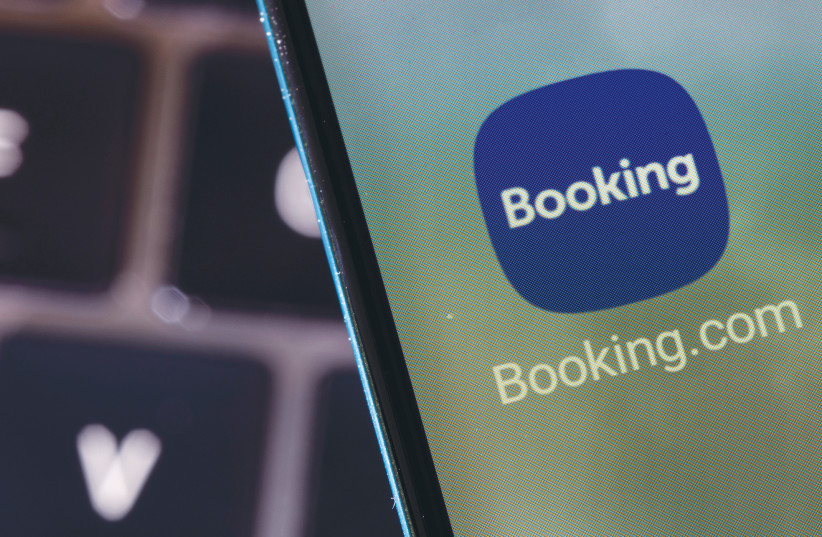25% of LGBT Israelis feel uncomfortable traveling abroad – survey
69% of LGBT Israeli tourists experience discrimination when traveling abroad, according to new data released by online travel agency Booking.com, Walla reported on Thursday.
Booking.com released the data – collected as part of a study involving 11,555 LGBT tourists from 27 countries – during an event at the Reviva and Celia restaurant in Tel Aviv held by the company’s regional manager, Alessandro Callari.
The company found that 78% of LGBT Israeli tourists consider the safety of a destination when deciding where to travel. “This is the figure that stunned us the most,” said Callari. “In 64 countries in the world it is still forbidden for people of the same sex to [be physically intimate], 11 of them have the death penalty for those who do.”
The study additionally found that a quarter of LGBT Israeli tourists felt the need to change their behavior while traveling to avoid judgment, while about a third felt they needed to change their appearance.
86% of the respondents said they had good experiences when they arrived at their accommodations abroad. 65% said they felt safer than in 2022. 75% said they feel safe going to any tourist attraction.
 With its new safety warning for West Bank lodgings, Booking.com emphasizes its customer-orientation philosophy. (credit: DADO RUVIC/REUTERS)
With its new safety warning for West Bank lodgings, Booking.com emphasizes its customer-orientation philosophy. (credit: DADO RUVIC/REUTERS)Booking.com’s ‘Travel Proud’ program trains accommodations to be tolerant
In 2021, Booking.com established the “Travel Proud” program to help tourists find LGBT-friendly establishments. The program provides free training on inclusion and tolerance to staff at the accommodations.
Over 240,000 properties in more than 7,030 cities are certified by the Travel Proud program.
Sarah Selensky, the head of the foreign division at the Tourism Ministry, told Walla that the LGBT people who come to Tel Aviv tend to like urban tourism, have high incomes and spend money on food and lifestyle costs.





Comments are closed.